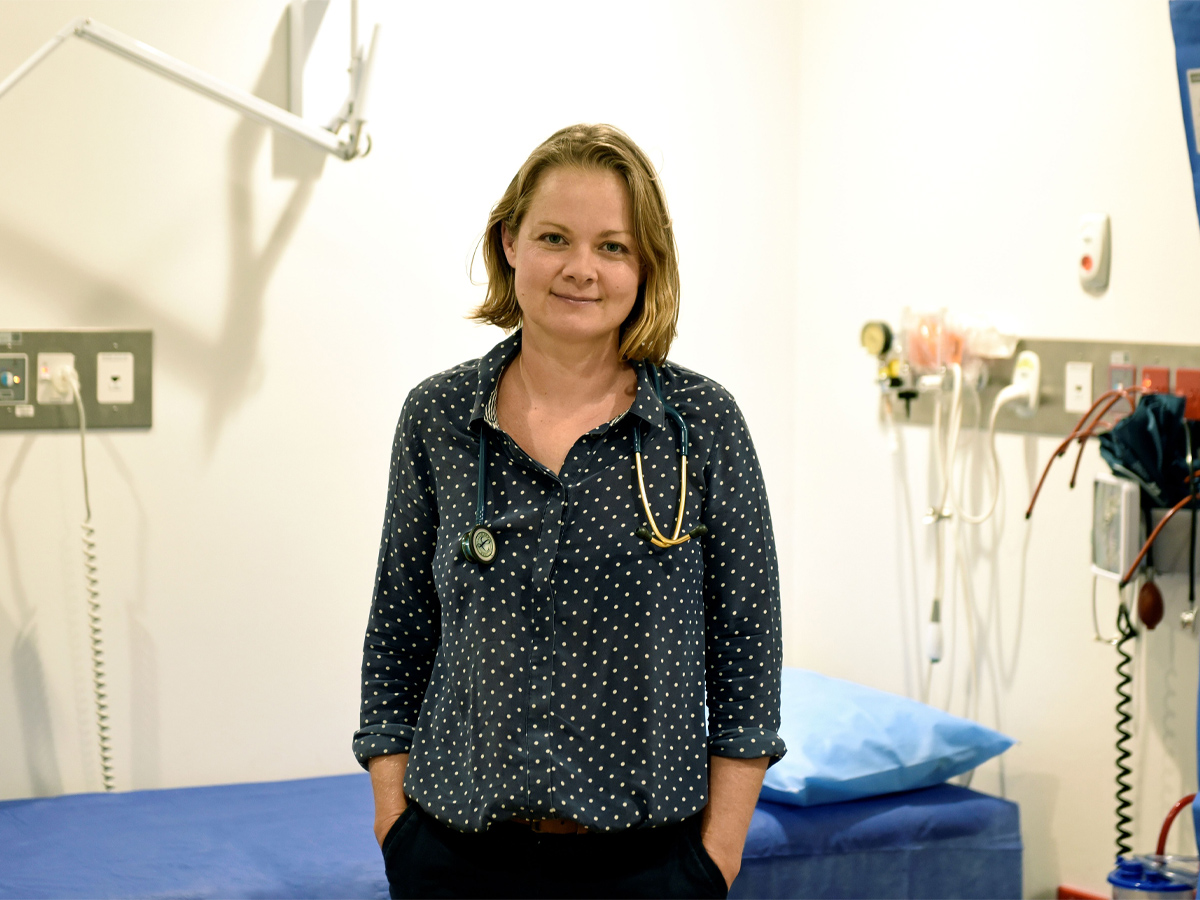Researchers from the University of New South Wales has created an inclusive model of genetic health care developing a toolkit for healthcare professionals and people with intellectual disability.
The GeneEQUAL toolkit contains clear guidelines for clinicians, providing inclusive, person-centred and respectful genetic health care. This involves making reasonable adjustments, ensuring the patient is at the centre of discussions and decisions, and providing trauma-informed care.
Genetic health care is regarded as an important aspect of health care for people with intellectual disability. Clarifying the underlying genetic cause for an individual’s intellectual disability, or other conditions they may have such as a predisposition to cancer, can improve their health care outcomes through targeted health checks and therapies, empowerment and reproductive choice.
Led by Dr Emma Palmer, Professor Iva Strnadová and Julie Loblinzk in a partnership with NSW Health, it brought researchers, people with intellectual disability, and practitioners across health and education together.
Dr Palmer has seen the challenges people with intellectual disability faced receiving genetic counselling. “Often, they were excluded from the clinical appointments. The person they went with, a parent or support person, was talked at, not them. The language that was used was often very negative and stigmatising,” she said.
“Our interviews painted a sad picture, there was a lack of accessibility, a lack of clear communication, and damaging language was used,” Strnadová said. “Most people with intellectual disability can provide informed consent and make decisions about their health, as long as the relevant information is made accessible to them.”
Loblinzk , a self-advocate with intellectual disability, said the initial resources were taken to self-advocacy groups. “They love to give feedback, and it’s not just one consultation session, they always wanted to come back and have a say.”
“It’s about changing the whole mindset,” Palmer said. “I teach my students that we shouldn’t be seeing ourselves as doctors telling the patient what to do, rather part of a partnership.”
The toolkit includes videos of health care professionals and people with intellectual disability, demonstrating poor practice versus inclusive, person-centred and respectful practice.
In addition, there are Easy Read resources for people with intellectual disability, helping them to educate themselves about genetic health care, advocate for their rights and prepare for their appointments.
The GeneEQUAL team has received support from the National Health and Medical Research Council (NHMRC) for a 5-year project to expand GeneEQUAL to other Australian states. Researchers will continue the co-design process with people with intellectual disability from across the country.
Photo: Dr Emma Palmer

